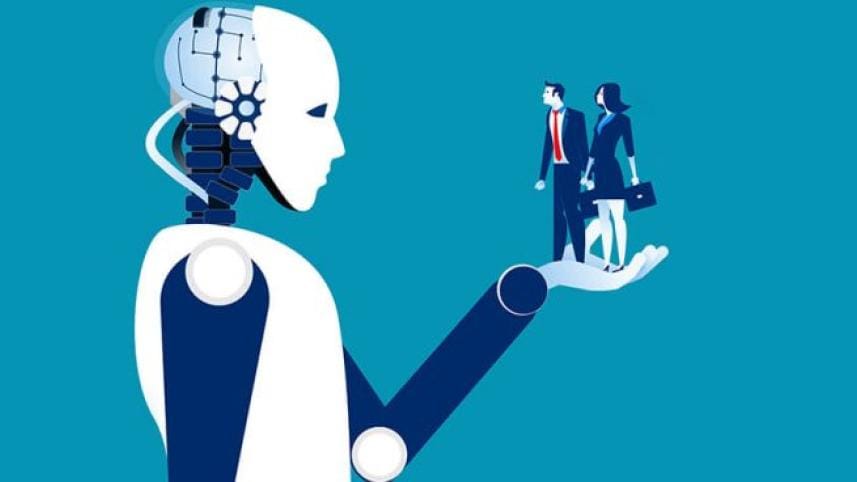Should we be concerned about AI?

Artificial Intelligence has been known to be the next frontier in advancing technology as we know it. It has tons of potential to revolutionise many industries from healthcare to quantum computing. However, it also brings forth many dangers that come with its development and advancement that we might not be able to understand now in the present. So, it's crucial that we be open about its pros and cons and its development timeline. One notable individual took it upon himself to do just that.
Geoffrey Hinton, often called the 'Godfather of AI' confirmed on Monday that he has left his job at Google last week to bring attention to the potential harm AI can cause, a technology which he helped bring to life in the first place. He said he had to leave Google to be able to speak freely about AI and its hazards.
Geoffrey Hinton is a lifelong academic who has been committed to the development of AI since the 80s. He was actually the first person to embrace the idea of a neural network where a computer can be trained to think, talk and feel like a human being. After his brief stint at Carnegie Mellon University, he left for Canada because he didn't want to continue his work with the Pentagon funding from the US government.
Dr Hinton and two of his students, Ilya Sutskever and Alex Krishevsky developed a neural network in 2012 that could analyse hundreds of photographs and teach itself to recognize common items like cars, pets, and flowers. Google then bought his company out for USD $44 million. This technology led to the creation of technologies such as ChatGPT and Google Bard.
Around this time, Google and OpenAI started developing their neural networks, which were powerful but according to Dr Hinton, was still inferior to human languages. It was last year that his views had changed after seeing the sheer amount of data being used by these companies. "Maybe what's going on in these systems is better than what is going on in the brain," he stated.
He thinks that when companies advance their AI systems, they grow more dangerous. "Look at how it was five years ago and how it is now, take the difference and propagate it forwards. That's scary," Dr Hinton stated.
After the inauguration of Microsoft's chatbot, Google has been racing to do the same with its own version. His immediate concern is that the tech titans will be locked in a competition that will be unstoppable in the future. He also voiced his concerns about the job market. Currently, chatbots like ChatGPT only support humans, but according to Dr Hinton, in the future, they may take over clerical jobs such as translators, personal assistants and paralegals to name a few.



 For all latest news, follow The Daily Star's Google News channel.
For all latest news, follow The Daily Star's Google News channel.
Comments